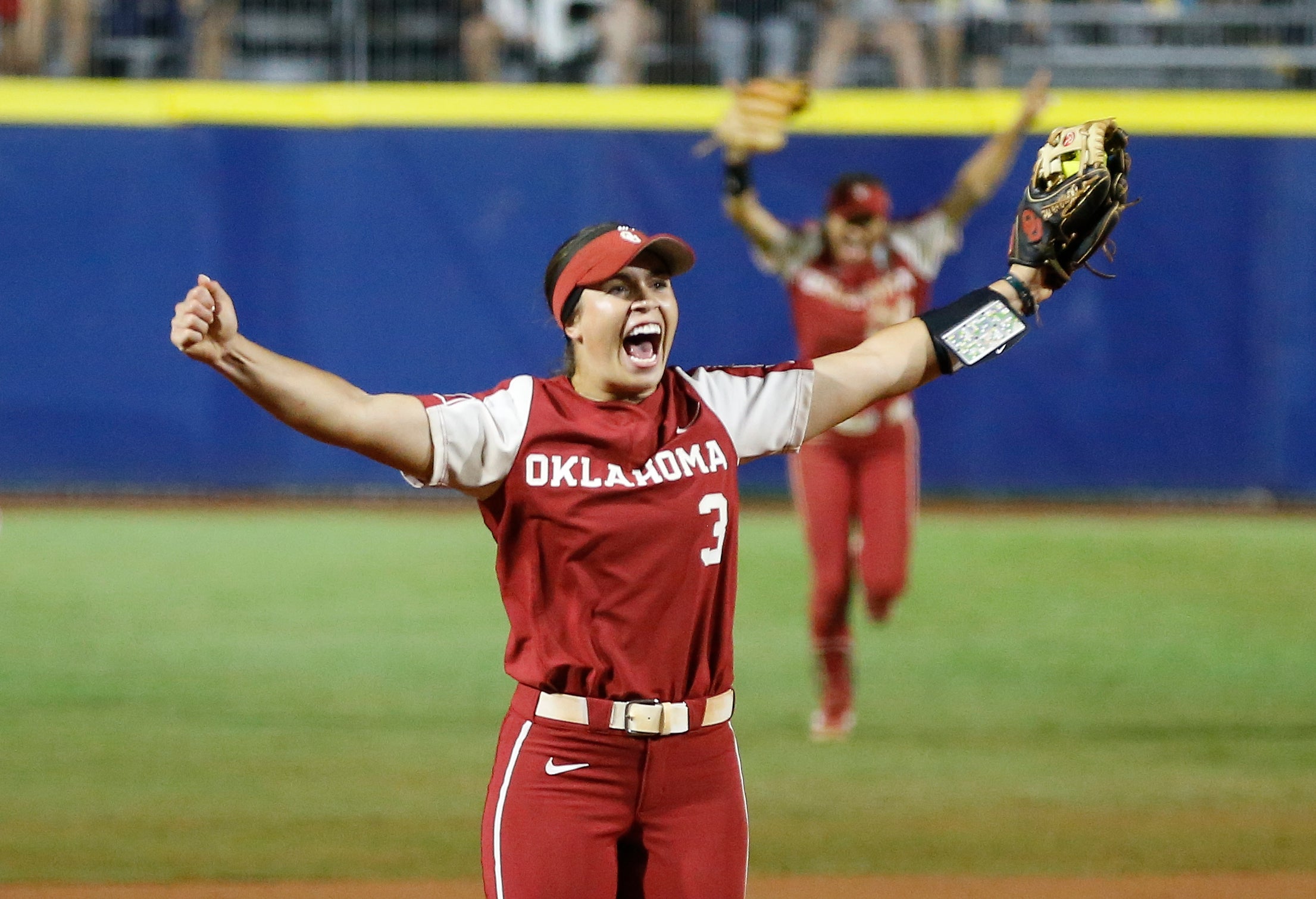NCAA news: Victory for college athletes as Supreme Court rules they can benefit from ‘fair market rate’
Court rules unanimously against limit on ‘education-related benefits’

Your support helps us to tell the story
From reproductive rights to climate change to Big Tech, The Independent is on the ground when the story is developing. Whether it's investigating the financials of Elon Musk's pro-Trump PAC or producing our latest documentary, 'The A Word', which shines a light on the American women fighting for reproductive rights, we know how important it is to parse out the facts from the messaging.
At such a critical moment in US history, we need reporters on the ground. Your donation allows us to keep sending journalists to speak to both sides of the story.
The Independent is trusted by Americans across the entire political spectrum. And unlike many other quality news outlets, we choose not to lock Americans out of our reporting and analysis with paywalls. We believe quality journalism should be available to everyone, paid for by those who can afford it.
Your support makes all the difference.The Supreme Court delivered a major victory for college athletes on Monday in a ruling that found the NCAA’s limits on education-related benefits to students to be illegal.
In a unanimous ruling, the nation’s highest court found that the NCAA must allow colleges to offer benefits including internships, tutoring, and free educational materials including computers without any limits; previously, the organization capped such enticements at $5,000 per student per year.
Justice Neil Gorsuch delivered the court’s majority opinion, while Justice Brett Kavanaugh delivered a concurring opinion.
In his opinion, Justice Kavanaugh accused the NCAA of building “a massive money-raising enterprise on the backs of student athletes who are not fairly compensated”, adding, “The NCAA is not above the law”.
“Nowhere else in America can businesses get away with agreeing not to pay their workers a fair market rate on the theory that their product is defined by not paying their workers a fair market rate. And under ordinary principles of antitrust law, it is not evident why college sports should be any different,” wrote Justice Kavanaugh.
The court did note, however, that while the NCAA itself is prohibited on placing limits on education-related benefits, it may still limit gifts that do not relate to a student athlete’s education.
The justices also agreed with a lower court ruling noting that the prohibition only applies to the NCAA itself, and not individual member conferences, which they specified “remain free to reimpose every single enjoined restraint tomorrow—or more restrictive ones still.”
NCAA officials did not immediately return a request for comment from The Independent.
Compensation for student athletes has become a major point of contention between league officials and some players in recent years, as advocates for students argue that young athletes play a role in making thousands if not millions of dollars for their respective institutions and often receive little in return, especially given that scholarships often are contingent on players remaining eligible through their four years of college.
Join our commenting forum
Join thought-provoking conversations, follow other Independent readers and see their replies
Comments